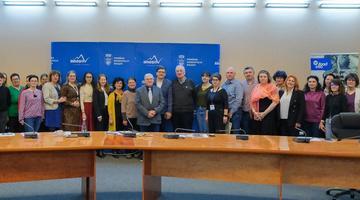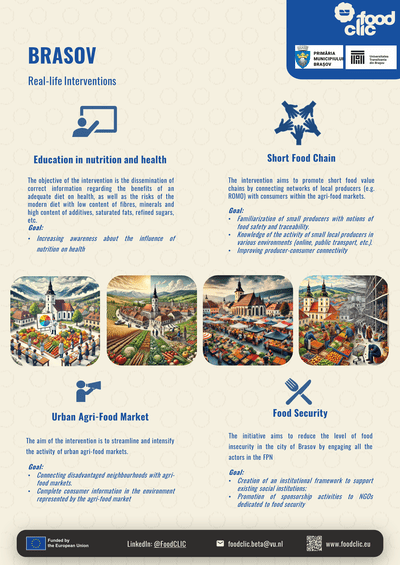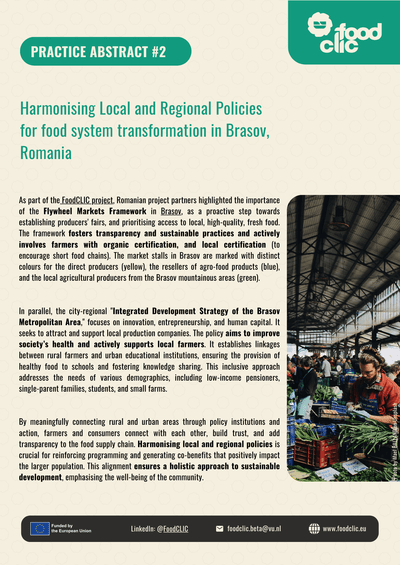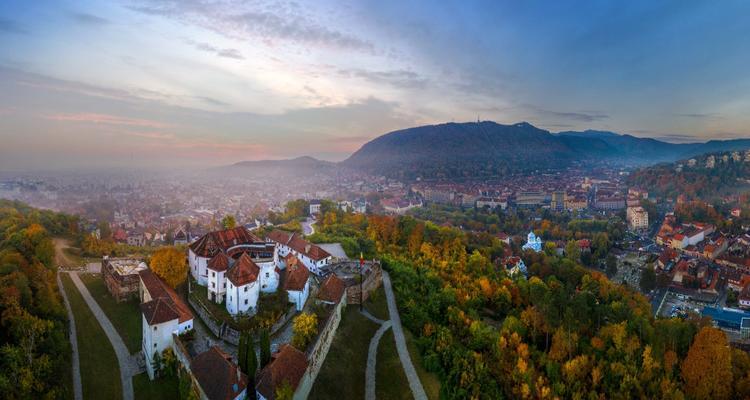
THE BRASOV CITY-REGION FOOD SYSTEM.
The Brașov region (Metropolitan Area of Brașov), which is divided into 17 administrative territorial units, is famous for its agri-touristic farms, providing local food sourced from the neighbouring mountain area. Mountain agriculture provides high quality food products, ranging from dairy products and meat, to vegetables, honey and forest fruits. As a result, the agri-food and beverage industry have a long tradition in the municipal area.
Nevertheless, Romania relies heavily on food imports; obesity rates are high; and sustainable food producers face challenges in accessing local markets.
The National Rural Development Program plays a major role in Brașov and proposes to focus on measures to improve the linkages between local producers and consumers in order to guarantee the availability of healthy products on local markets. To do so, supply chains need to be shortened and the conditions for local producers to be able to sell their products at the local markets must be improved. Sustainability labelling of food products sold at the markets of the city-region is seen as another useful measure to promote local food. At the same time, the city-region aims at improving the nutritional quality of school food and of food offered to people in need of social assistance.
Strengthening the role of mountain farmers.
By strengthening the role of mountain farmers and the supply chain between them and the city-region's restaurants and markets, Brașov seeks to render the rural-urban food system more sustainable, resilient and healthier. This requires...
- developing attractive business models to make mountain farming profitable and to prevent migration by farmers to the city.
- strengthening the currently weak distribution infrastructure (i.e. roads, storage facilities).
- adapting urban planning to provide space and integrate food-related concerns.
- changing the messaging in local food environments to attract people to these foods.
Through real-life action taken in the framework of the FoodCLIC project, Brașov seeks to learn key lessons for effective policy-making and rural-urban planning. One of these concrete measures consists of setting up a weekly farmers market in the outskirts of the city to facilitate access to vegetables and fruits for food-deprived residents. At the same time, the city-region wants to improve the nutritional quality of the food offered in schools through the establishment of green public procurement and short supply chains.
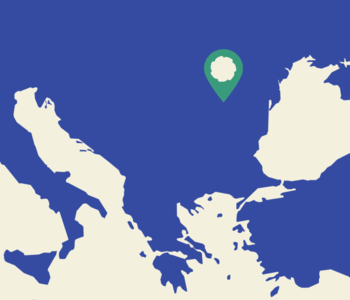
QUICK FACTS:
The municipality of Brașov is located in the heart of the Romanian Carpathian Mountains. Located at the food of Mount Tâmpa with an altitude of 967m, the Brașov region is the country's most important touristic region.
PROJECT PARTNERS LOCATED IN THE Brașov CITY-REGION:
Law n° 217 (national policy) defines accountable actions to reduce food waste in the agri-food chain and regulates the sale of products close to expiration date at lower price.
The Strategy for the Development of the Agri-Food Sector (2020-2030) (national policy) is a visionary document that supports the progress of agricultural and rural development in Romania. The strategy provides the basis for Romania's commitment towards the E to achieve the common agricultural policy.
The Decision of the Local Council n° 428/ 2022 (local policy) regulates the categories of merchants with the right to conduct commercial activities at the local markets organised by Brașov municipality.
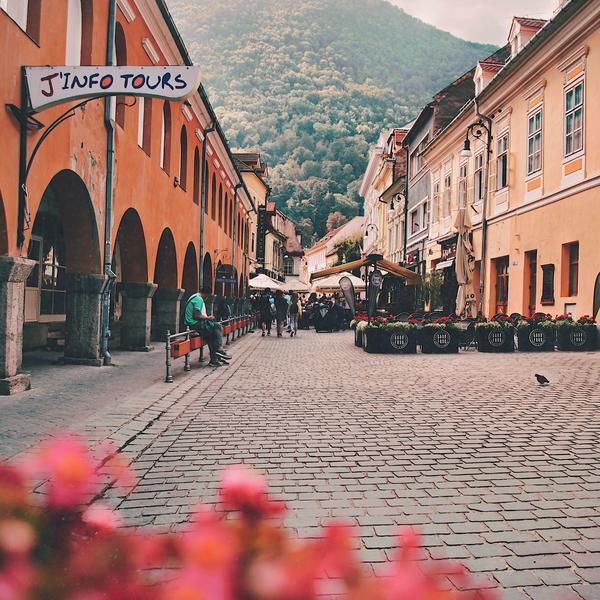
In accordance with the Milan Urban Food Policy Pact, Brașov’s vision is to have an inclusive, resilient, safe and diverse food system that provides healthy and affordable food to all people, that minimises waste and conserves biodiversity while being climate-friendly.
FOOD POLICY NETWORK
A Food Policy Network will be built up in the city-region in the course of the FoodCLIC project. The Network will include representatives of the government, business and industry, civil society and community-based organisations; as well as research and education.
The main goal of the Food Policy Network will be to outline how a policy can foster supportive market conditions, paying attention to the social dimension to ensure access to mountain produce for low-income groups. The group will define changes needed in the urban and peri-urban planning frameworks and structural changes to enable upscaling of successful initiatives to the whole city-region.
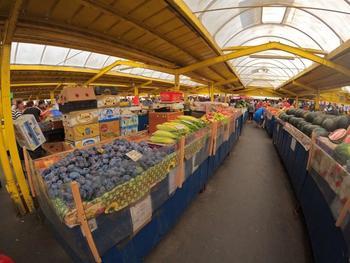
Related Blog Articles
Related resources
FOODCLIC. We are connecting people, food, policy & places.
FoodCLIC is a four-year project funded by the EU. The project runs from September 2022 to February 2027. The acronym FoodCLIC stands for 'integrated urban FOOD policies – developing sustainability Co-benefits, spatial Linkages, social Inclusion and sectoral Connections to transform food systems in city-regions
